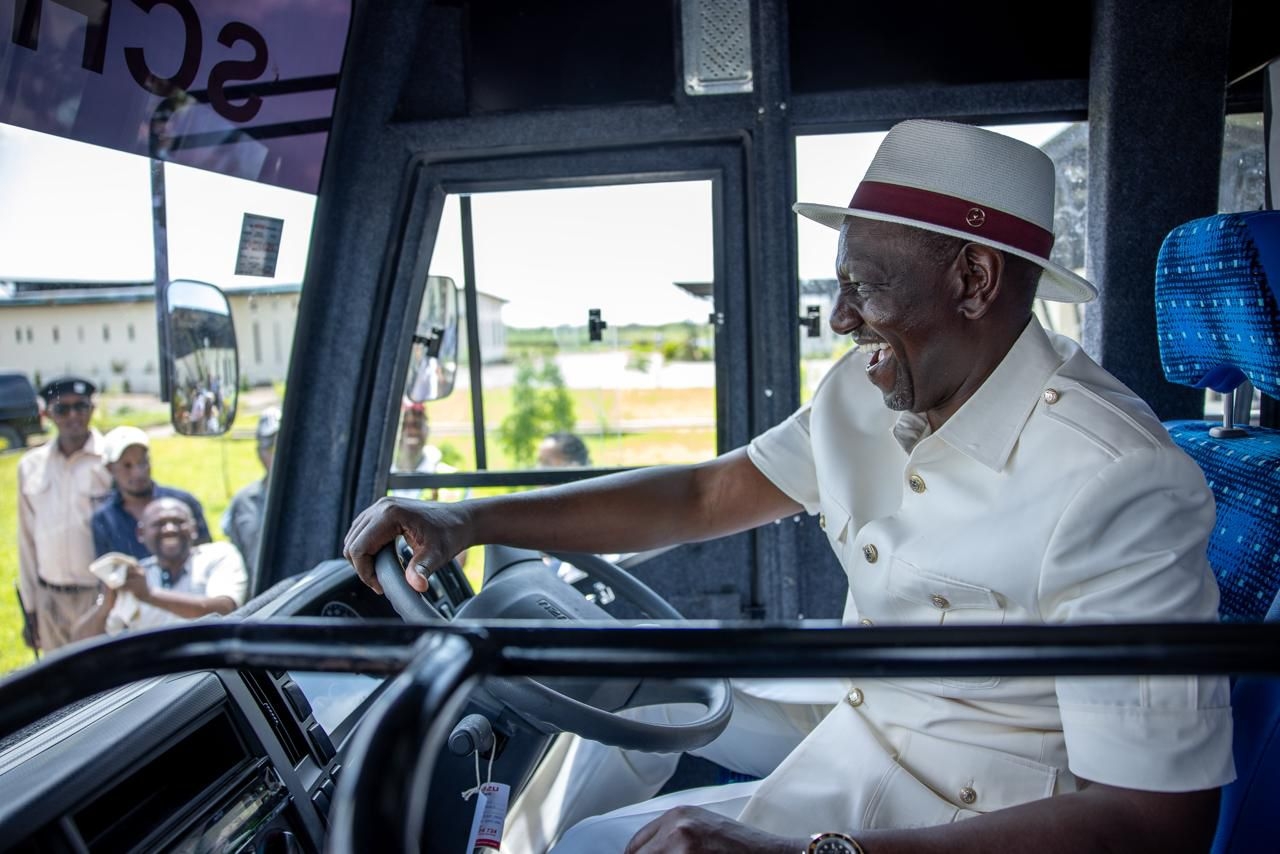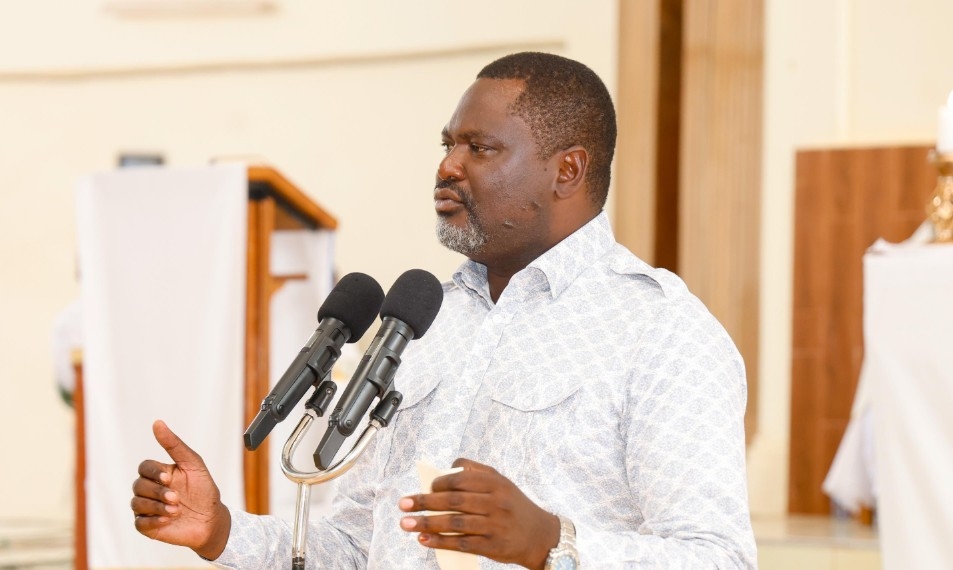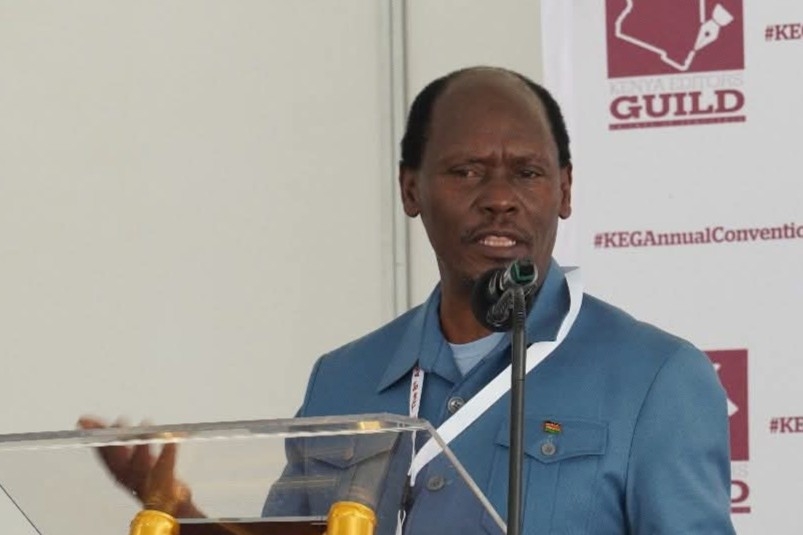What was thought to be a solution to the problem of training and practicals for medical students at Kenyatta University has turned into a worse problem.
For more than two years, the multimillion-shilling Kenyatta University Teaching Research and Referral Hospital has been mired in wrangles over management.
The wars pit the hospital board against the Kenyatta University management and have led to suffering by medical students.
The students have been locked out of the hospital and are now forced to commute daily to Kiambu or Thika hospitals for practicals.
The hospital was established after the signing of an MoU between the Chinese government and Kenya.
The contract was signed by President Uhuru Kenyatta when he was Finance minister.
The contract signed in 2010 and allowed the government to borrow $99 million (Sh11 billion) from the Export Import Bank of China for construction of the hospital.
KU conceived the idea after realising that depending on nearby hospitals was unreliable and unsustainable.
But even after the hospital was completed, the university is still sending students to Kiambu Level 4 Hospital, Thika Level 5 Hospital, Mama Lucy Hospital and Mathari National Referral Hospital.
The contract paved way for the construction of a state-of-the-art teaching, training, research and referral hospital to address the gaps and challenges the university identified.
The aim was to use the facility as a centre of excellence in research and capacity-building and. It was to reverse outbound medical tourism, provide specialised medical care, enhance access to healthcare and provide the safest and most effective evidence-based care.
According to documents tabled before Parliament, the components of design, construction and equipping as stated in the contract were completed in 2017, but the implementation process could not start immediately.
“The loan component did not include recruitment and staff salaries, which required budgetary allocation from the relevant ministries. The personnel and capacity-building component has to date not been implemented,” the document read.
After lobbying, the approval to start operations at the facility was issued on December 10, 2018.
The letter by Treasury Principal Secretary Kamau Thugge said Sh655 million was available to cater for the first phase of opening the hospital.
In his letter, Thugge acknowledged the hospital was yet to start operations 16 months after completion, even after it was given a Level 6 status.
He further said it was designed to provide highly skilled healthcare to patients in the region as well as train health professionals hence increasing the number of specialists in emerging diseases.
“The operationalisation of the hospital is planned to take place in three phases. Implementation of phase 1 requires a total of Sh655 million and will involve recruitment of 92 critical staff to take over the facility,” the letter read.
“The allocation of this amount will help unlock Sh1.3 billion held by the financier to cater for other components.”
The approval of the budget made the university embark on activating the teams established to handle the phases.
This was to start with the dry-run phase, which was to focus on testing systems and equipment and later hand over from the contractor to KU who was the client, including recruitment of key staff.
However, while the university was in advanced stages of integrating the hospital as part of the university, Legal Notice No 4 of 2019 was invoked, which delinked the hospital from the university.
The hospital was suddenly a parastatal with KU turned into a spectator on its own project and on its own land.
OWNERSHIP WARS
A board was constituted under the Health ministry, with another university board under the Education ministry were to work together in delivery of healthcare services alongside teaching, training and research.
The university, however, said there were no consultations between the university council and the hospital board in an effort to resolve legal, financial and administrative matters regarding the operations of the hospital.
They therefore came up with a number of policies that would ensure the two bodies work together seamlessly.
The board came up with an MoU with research and clinical rotations components as the vehicle to integrate operations between the two institutions.
“We lost the medical school and we are not able to use the facilities such as the laboratories yet we continue to admit students,"KU vice chancellor Prof Paul Wainaina told MPs on Tuesday.
'The medical body has been reviewing our programmes and each time we have to explain why we aren’t using our facilities and why we shouldn’t be stopped from admitting students.”
Dr Kenneth Iloka, a lecturer and biomedical engineer at KU, said the takeover of the hospital as a stand-alone state corporation made it hard for the university to execute its strategic plan.
In the planning of the hospital, for instance, it was the expectation of the university that the College of Health Sciences would be housed at the hospital. The block meant for the school has since been turned over for other purposes.
The university has been unable to start new programmes. The postgraduate programmes in anatomy and pathology that were supposed to be launched in May 2020 are yet to be rolled despite the curriculum being in place.
One of the programmes is Bachelor of Dental Surgery, while post graduate programmes include medicine, nursing and pharmacy, among others.
The specialised laboratories that were meant for training in neuro, orthopaedic, gastroenterology, cardiothoracic surgeries, among others, have since been turned into a funeral home by the hospital thus limiting access by the university.
Similarly, the university accused the hospital of setting restrictions on student numbers, years of study and access.
The documents further show that the processes of initiating clinical rotations were thwarted on July 13, 2021, when KU received a letter from the hospital board chairperson, saying the membership of the board had been reconstituted.
According to the new membership, KU was to be represented by the dean of the School of Medicine, essentially removing the VC and the university council nominee from the board, and thus negating the joint implementation committee mandate.
An attempt by the university to get a copy of the Gazette Notice No 39 dated April 1, 2021, of the same has not materialised despite writing to the board.
No replies have been received to date.
The letter to the hospital board is dated August 9, 2021, and was written by the university council chairperson Migot Adholla.
The university said there exist no functional arrangements between the two institutions concerning the training of students despite an MoU signed between the university council and the university board on December 21, 2020.
It also emerged that no joint research between the university and the hospital has been conducted.
The university is still struggling with research as was the case since the inception of the medical school.
The Treasury CS Ukur Yatani in December defended the move by the state to forcibly take over the hospital from the higher learning institution, saying the university defaulted on a Sh10 billion Chinese loan.
Yatani told MPs the conversion of the hospital into an independent state agency is aimed at recovering the loan, meaning the government will use revenue from institution to offset part of the loan owed to China’s Exim Bank and ease the burden on taxpayers.
RESEARCH WARS
The university further said that an attempt to initiate collaborative research with the KUTRRH was denied by the hospital.
Last year the university wanted to be allowed access to the facility to test ventilators to aid in the treatment of Covid-19 in the country.
In documents tabled before Parliament, the hospital's acting CEO Victor Njom said their refusal was based on safety and efficacy, the need for informed consent forms from critically ill patients in ICU and hospital accountability.
“The committee appreciates that the use of healthy participants may not be ethically feasible and hence recommends pre-clinical safety and efficacy data from in vivo studies on animal models such as pigs, chimpanzees," Njom said.
"[This] is to deduce the mechanisms, mode of action, determine how well the device works and ensure it's safe to test on human subjects before proceeding to phase 2a and b of clinical trials."
However, another application by KU to conduct their trials at Kenyatta National Hospital was approved.
The university management did not appear before the committee to answer to the concerns raised despite being invited, but asked to be given more time.
The ministries of Education and Health did not also send a representative.
(edited by Amol Awuor)









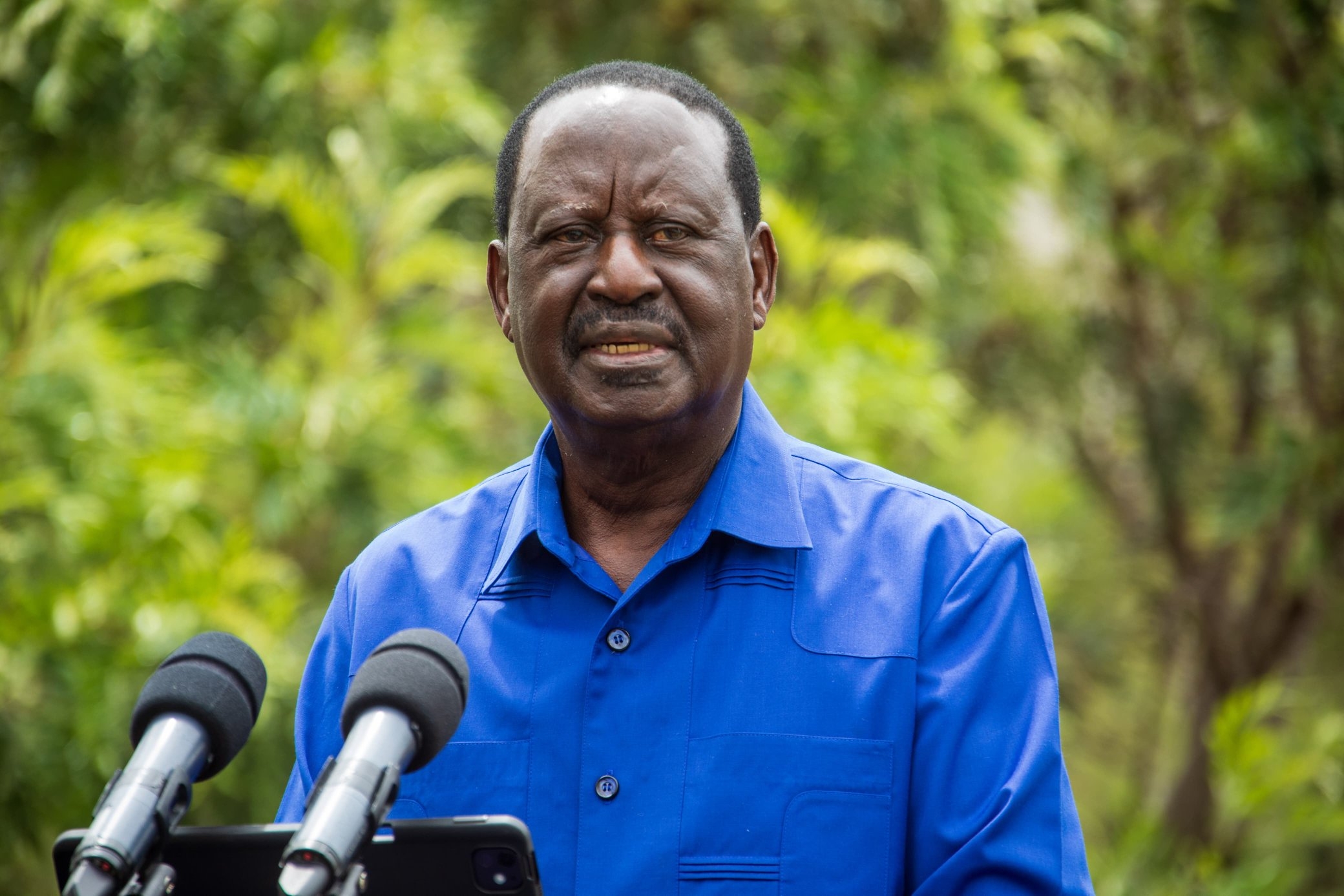
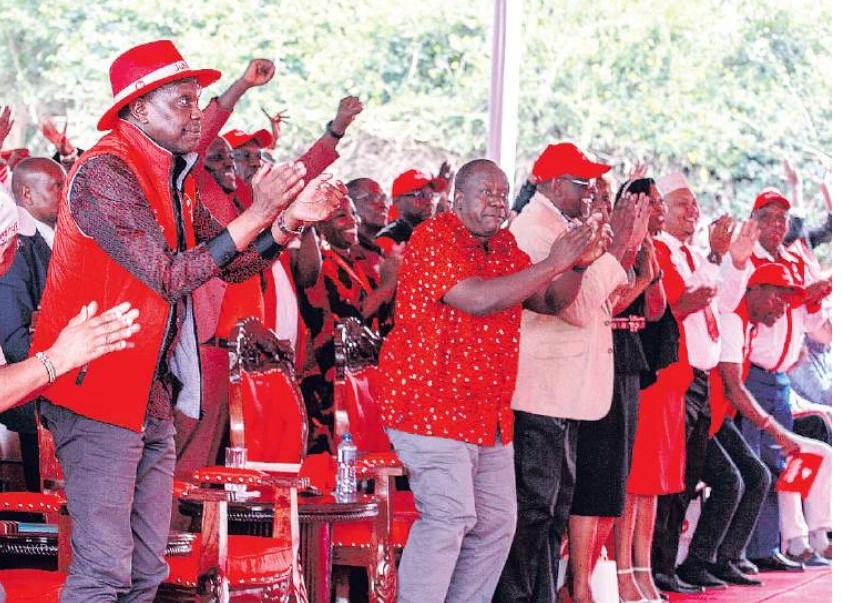

![[PHOTOS] Ruto present as NIS boss Noordin Haji's son weds](/_next/image?url=https%3A%2F%2Fcdn.radioafrica.digital%2Fimage%2F2025%2F11%2Ff8833a6a-7b6b-4e15-b378-8624f16917f0.jpg&w=3840&q=100)

